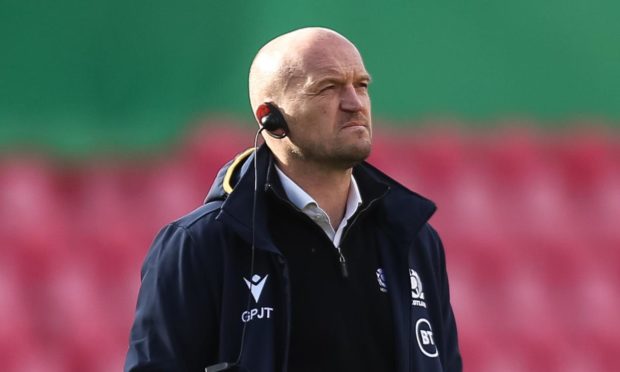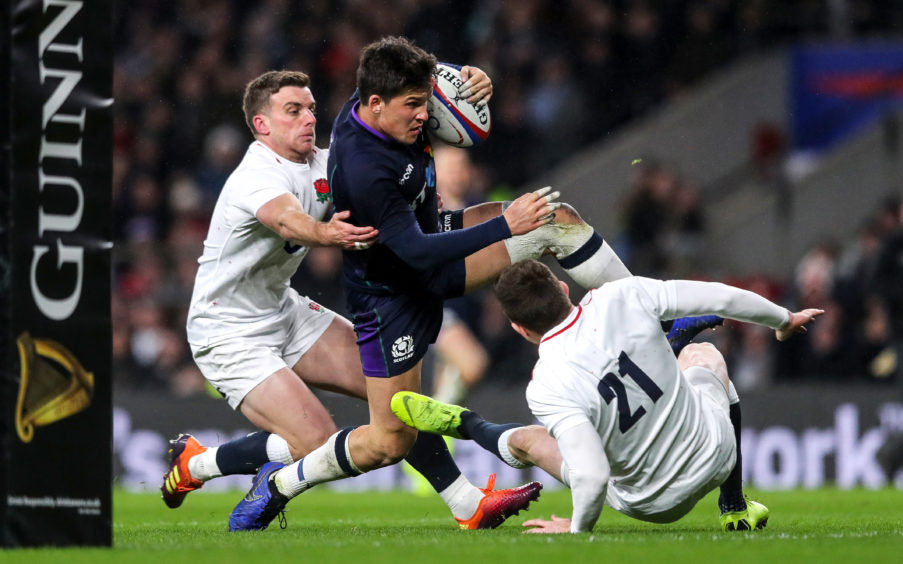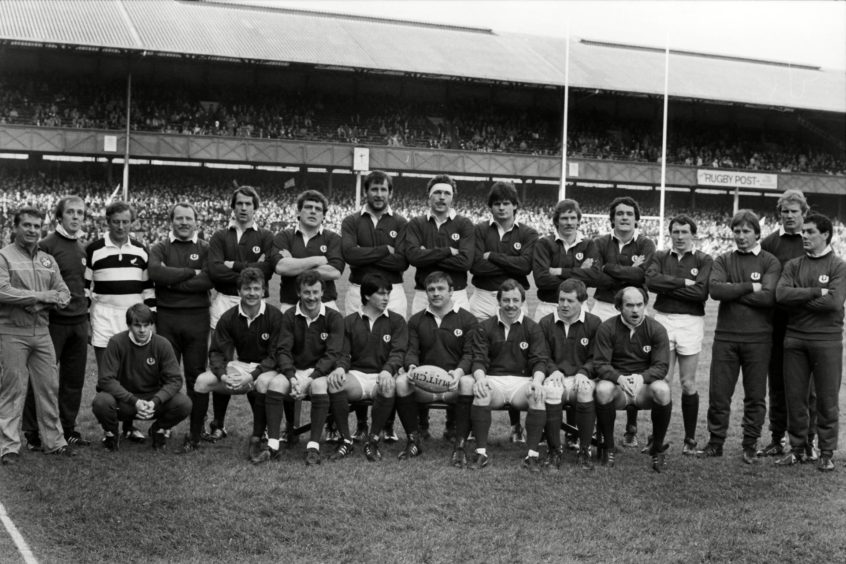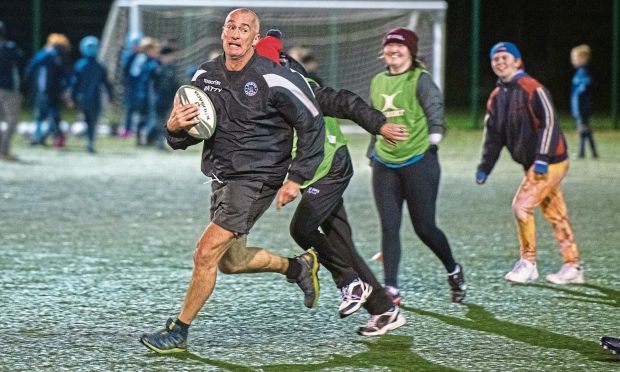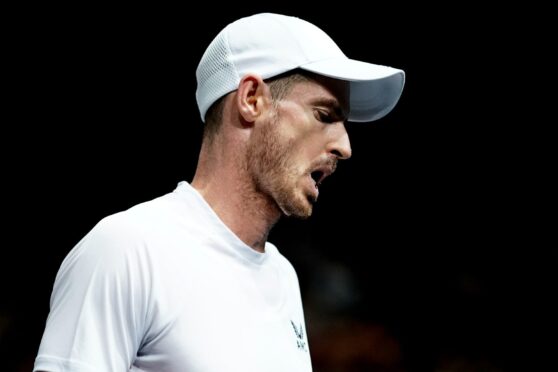In his playing days, Gregor Townsend often seemed on a one-man mission to eradicate boring rugby.
In playing 82 times for Scotland, the mercurial nature of his play at stand-off, centre and even at full-back on a brief occasion was the mark of the player.
Sometimes it was calamitious. Other times it was spectacular and thrilling.
Regular readers will know my personal Toonie highlight as that crazy 25 minutes in the first half in Paris in 1999, when he orchestrated five tries (FIVE!) in what is still Scotland’s last win there.
Only the second half comeback at Twickenham two years ago has surpassed that for gobsmacking excitement in my 25 years covering Scotland.
By that game, of course, Gregor was the head coach. And in the aftermath of that breathless afternoon, it seemed incongruous he should focus on Scotland’s desperate defence in the first half and not the way they soared in the second-half.
Most successful Scotland coach since professionalism
Perhaps that’s a measure of the difference between Townsend the player and Townsend the coach. Results are wholly on his ledger now, and he’s been relatively successful.
Townsend stands at 22 wins – and that Twickenham draw – in 40 games, easily the best record by a Scotland coach since professionalism. Only Vern Cotter of the eight others has a positive record.
During this coming Six Nations Championship Gregor will become the longest-serving Scotland head coach since 1995, passing both Frank Hadden (41 games) and the leader, Ian McGeechan (43).
Have Scotland been more pragmatic as a team with Gregor the coach than Gregor the player? Definitely.
He’s been vocal in recent weeks in dismissing the talk that Six Nations rugby, in last year’s championship and during the Autumn Nations Cup, is tactically moribund and excruciatingly dull (not giving away what I think with those choice of words at all…)
And with the game against England upcoming, he went back to reference a game in his playing days when he was perfectly happy not to take a single pass.
‘The joy that brought to the people’
“I remember in 2000 playing at BT Murrayfield, it snowed in the first 20 minutes of the game against England,” he said. “And then it got worse as the day went on.
“There wasn’t much rugby played that day. I was at 13 and Chris Paterson, who was at full-back, hardly touched the ball in the second half.
“But we won the game, and the joy that brought to the people of Scotland that day and through the weeks afterwards shows what victories mean.”
Charged with the ultimate responsibility for the team, the value of wins is much more acute now, it seems – especially in this particular game.
‘It’s the win’
“We understand the privileged position we’re in. We’re getting to keep doing the thing we love doing (during the pandemic),” he continued.
“We also understand the responsibility of giving people of Scotland a lift. The best way of doing that is getting a win. I don’t think the style of the game is that important to our people, it’s the win.
“I think it’s been overblown about the entertainment side. It’s down to the fact there’s no supporters there. You get games with forward battles, lots of kicking, defences on top but the atmosphere (created by the fans) made it such a special occasion.
“We understand we don’t have the supporters this time but the contest is still going to be there. And the team that wins that brings joy to their nation more than the style of rugby played.”
The match that always matters most
As a writer, I used to get annoyed by the extra fervour for the Calcutta Cup every year. Beating Wales and Ireland and France should really have the same cachet as beating England. Of course it doesn’t, and never will.
“It’s the biggest game every year for us – four players and especially for our people, our nation,” continued Townsend.
“It’s the game we have played most regularly, 150 years this year, and we play for a trophy. The biggest game wherever it comes in the calendar.
“Coming first this year, it means that the focus must be really sharp. We are playing one of the best teams in the world.
“But why not have it is the first game? There is no bigger challenge than England away. We will have more of an edge in training next week with the realisation that we have to play our best to win.”
‘More like 15 against 15 on a neutral ground’
Scotland famously have not won at Twickenham since 1983, the day of Roy Laidlaw’s snipe and big lock Tom Smith’s clinching try. The unique pandemic circumstances this time make it interesting, believes Townsend.
“Twickenham isn’t Twickenham this year because there will be no supporters,” he said. “England are now used to playing with no crowds so it’s less of a distraction or novelty for them.
“But it is an opportunity. We do understand that without 80,000 supporters there it doesn’t feel as much of an away game. It feels more like 15 against 15 on a neutral ground. We just have to make sure we make the most of that opportunity.”
